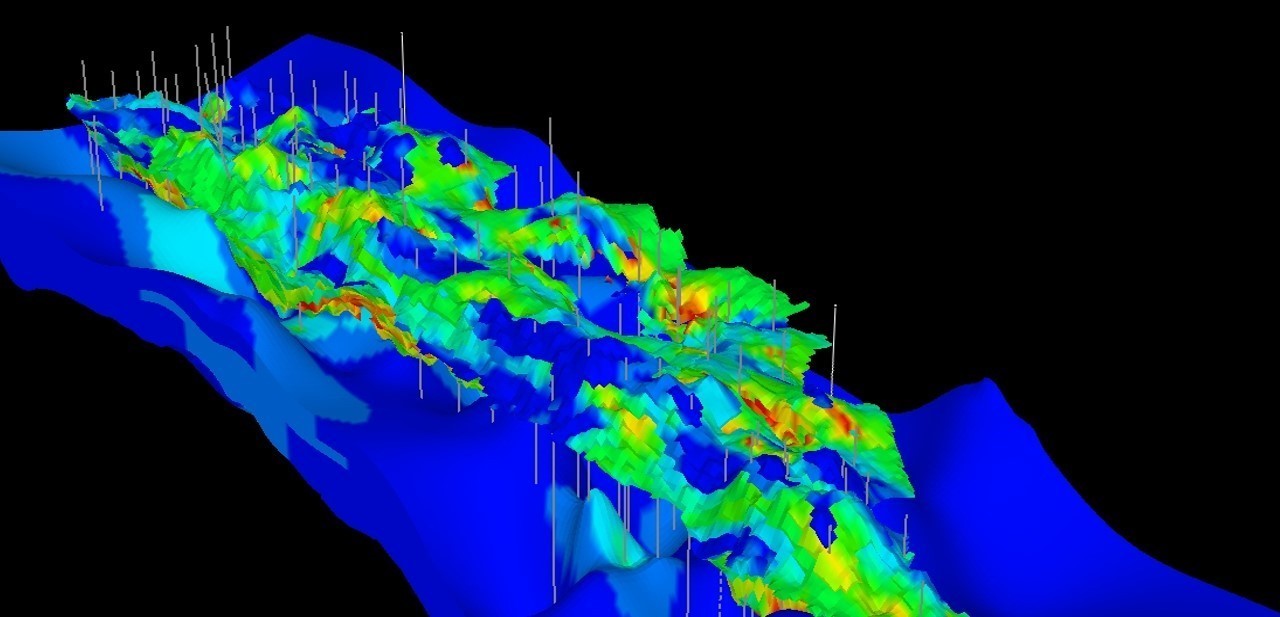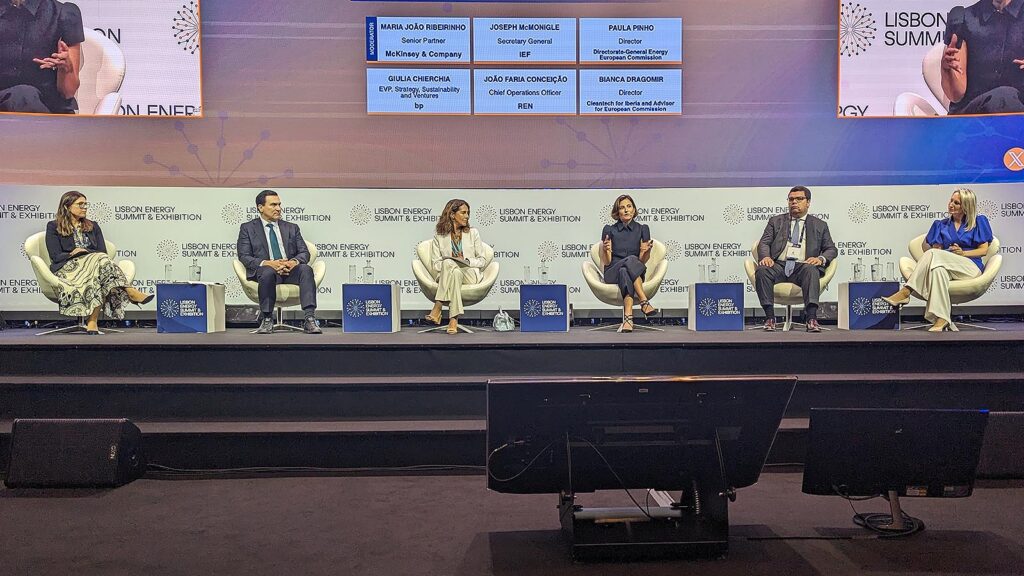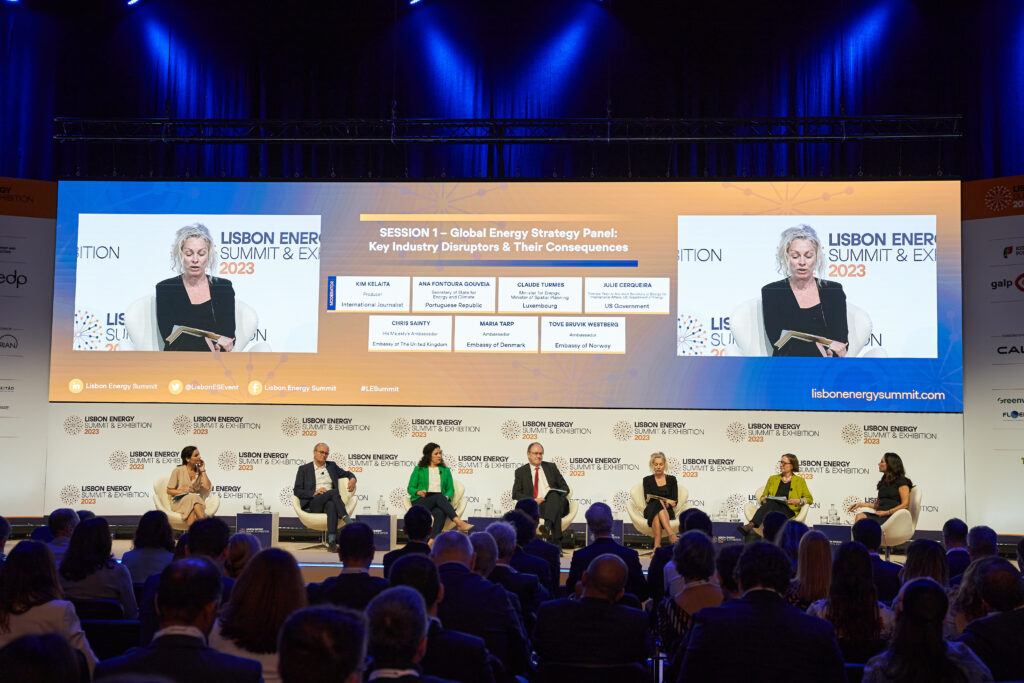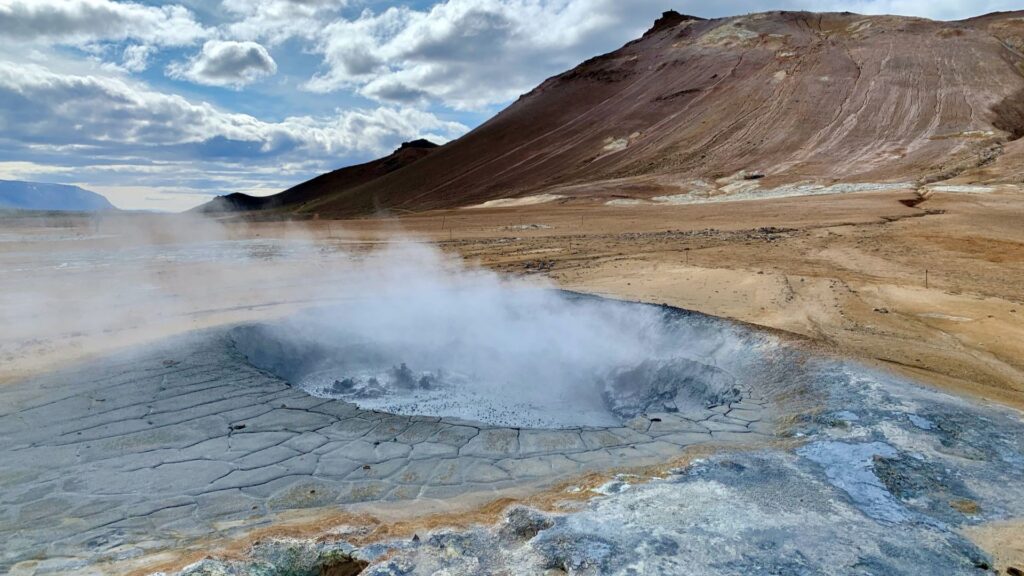Back in 2015, Forbes reported that “nearly 50% of the [energy] industry’s employee base would be retiring in the next 5 to 7 years.” A massive exodus of individuals with vast experience, knowledge, and skills honed over an entire career. Fast forward seven years, Statistics Canada has reported a record number of Canadians are retired. But it’s not just individuals aged 65-and-over. The most surprising increase in retirements has come from the group 55 to 64.
Undoubtedly, the loss of a skilled workforce and the knowledge they take with them is leaving a large gap. It’s astounding to think about what these individuals have experienced during their careers. Booms and busts. The worldwide recession of the 1980’s. The collapse of oil prices in 2014. The advancement of technology in the oilfield. The commitment to CO2 reduction globally.
And by no means is this list exhaustive.
With the loss of this generational knowledge, and the skills that were developed as a result of these experiences, there is a risk to energy companies as they continue to innovate and advance their energy projects. However, there are solutions to mitigate this risk.
Embrace digital transformation
Globally, demand for oil and gas continues. And likely will remain resilient for decades to come. But simultaneously, the movement towards energy transformation to enable decarbonization strategies continues to gain momentum. An integral piece of enhancing or executing projects at both ends of the spectrum is the use of innovative technology.
By utilizing simulation technology, companies can extend the lifespan of existing assets, automate the well lifecycle, explore new solutions to decarbonization challenges, and comply with regulatory requirements. The power of simulation enables companies to make well-informed decisions and anticipate potential issues before they arise, hence reducing risk and capital cost. So how can technology aid in addressing the skills-gap left from The Great Retirement?

Simulation can be used to model the impact of different operational strategies, financial, and economic scenarios to maximize the return from any oil and gas or new energy project. What used to take a significant amount of time and highly technical skill is now delivered in a fraction of the time due to advancements in high performance computing and machine learning algorithms, allowing for analysis of a multitude of scenarios and conditions quickly. While simulation doesn’t replace the necessity of experienced engineers to recommend solutions based on simulation results, it does enable companies to optimize their operations and reduce the time to decisions, which leads to cost savings.
The business benefits of simulation can also be used in evaluating new opportunities. Acquisitions and mergers are reality, and evaluating those deals is critical. These significant decisions require strict assessment and valuation. Moving quickly and expertly is in the interest of all parties involved. Simulation technology can be used to run models on potential acquisitions to understand assets and valuations, increasing certainty in decision making.
Utilize Expert Consulting Services
The shortage of a skilled workforce has led to significant resource constraints for many oil and gas organizations. The unique challenges of today’s reservoirs and resource plays require a multi-disciplinary approach that leverages a team of experts to collectively share knowledge and experience while working collaboratively to achieve successful outcomes. Consultants can help close the gap.
A combination of a consultant’s global expertise, advanced software capabilities, and expert insights could help support decisions on strategy, sustainability, profitability, and growth.
It’s this combination of technical competency and expertise that energy businesses can utilize to their advantage in the absence of skilled workers. Consultants have a comprehensive understanding of complex problems. Their solutions could be used to supplement and build upon existing in-house capabilities, collectively sharing knowledge and experience while working collaboratively to achieve client outcomes.
The impact of losing a large number of skilled, knowledgeable team members to retirement is a reality faced across the industry. However, there is significant opportunity to re-imagine how teams and businesses make their decisions with more clarity, increased accuracy, and reduced risk. The solutions are available, today.
Sign up to receive newsletter updates from Accelerate on LinkedIn.







